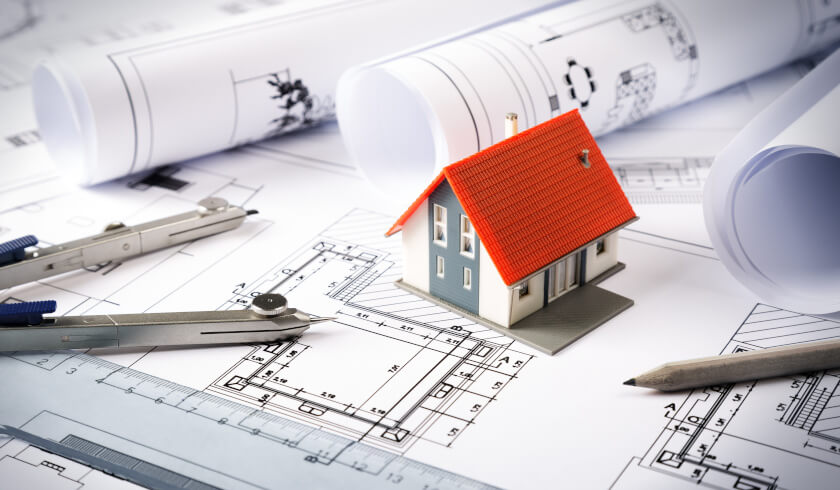5 steps to take on low-risk property developments

Going from property investment to becoming a developer might seem like too large of a leap for some, but there are strategies in place according to DG Institute’s Dominique Grubisa that first time developers can use in order to get started with a development.
1. Location
According to DG Institute founder Dominique Grubisa, the first step new developers need to do is to find the right location, which should be located near public transport and shopping centres.
“Conduct thorough research to find the right site which is based in a good location, ideally within close proximity of public transport and shopping centres,” Ms Grubisa said.
“The traditional approach to finding the right site can be quite time-consuming with inspections, looking at open houses and driving around to get a feel of the area. Fortunately, the technological advancements of the digital age has removed guess work and trial and error while also saving time.”
These advancements, available through apps, include such examples such as Cordell and Block Brief; Ms Grubsia recommended both, and said the former can filter information and access to experts, while the latter is a database of development sites, zoning data, council records and rezoning efforts.
2. Budgeting
Like with anything in life, knowing how much money you need for a development is a vital point; the less money, the better, Ms Grubsia said.
“Make sure to structure the deal — as investors will pay for this. For example, look into option agreements which is the right to buy a property without an obligation to do so. The seller has to sell property to you within a period of time and you can go to the council for approvals without being out-of-pocket. Anything is possible with the knowledge to do it,” she said.
“In particular, knowledge of development and law can give you more options and opportunities for profit. There is the option to sell property off a development plan, without the development application and still make money. It is a safer option than taking all the risk, building and hoping buyers will be there at the end of it all.”
3. Secure finances
After you know how much money that needs to be spent, the next step is then actually securing that money.
“There are no rules in commercial space for property development. There is discretionary lending available with banks. Therefore, ensure the loaning proposal is presented correctly to secure finance,” she said.
4. Subdivision
“One common misconception is that to make money from property development, you need to build. However, that’s not true. A subdivision is one of the most effective small development strategies and you don’t even need to wear a hard hat.
“For example, a property on the market is $500,000. A couple can buy the property and split the title, meaning they can sell the vacant land to a builder who is eager to develop in the area. That can already be a $100,000 potential profit without lifting a brick.”
The process of subdividing a property into multiple properties, Ms Grubsia added that it can add “significant value” to the development.
“The property developer can hold the lots and wait for more uplift. They can also build on the vacant lots or sell one of the properties to pay down the debt. This approach is simple and low-risk when you understand the process and what to look out for.”
5. Ready-to-build sites
Ready-to-build sites are favoured by construction businesses; they need ongoing projects to keep their workers employed and give you the opportunity to get property, secure development approval and then let you have the opportunity to sell it to builders.
“If you know what to do and look for, then this strategy will be quite effective as it is lower risk and can result in a tidy profit,” Ms Grubsia said.
“For example, a Queensland property was purchased for $820,000. After acquiring development approval, the investors can sell the property with DA’s for a projected profit of $500,000.”
